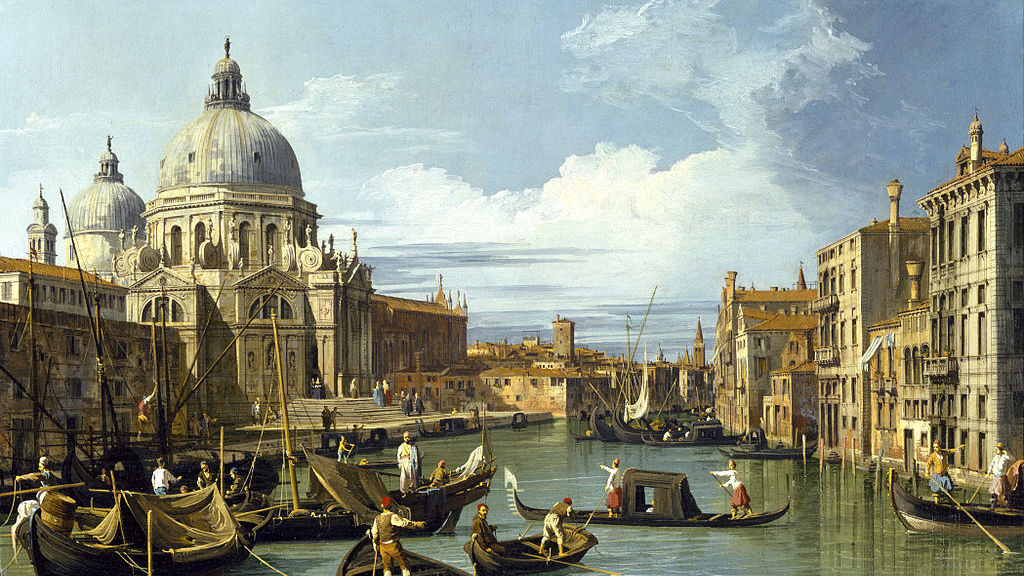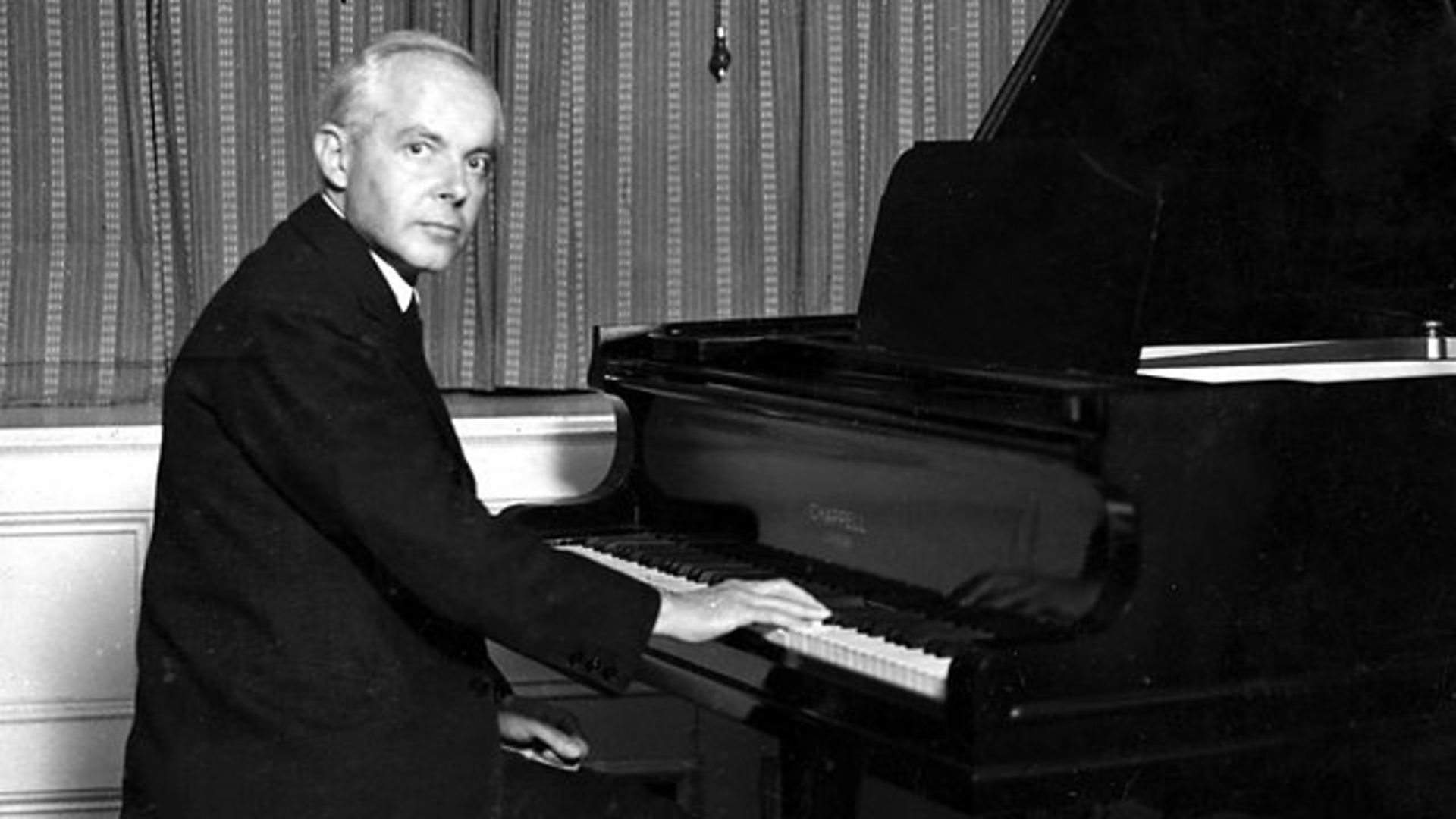Ligeti’s Six Bagatelles for Wind Quintet: The Choreography of CARION
The word, bagatelle, translates as “a trifle, or something of little importance.” In music, the bagatelle refers to a piece which is brief, light, and unpretentious. Some of the most famous examples spring from the keyboard works of Couperin and Beethoven. Between 1951 and 1953, the Hungarian-Austrian composer, György Ligeti, composed a set of 11 bagatelles for piano, titled Musica ricercata. Each intricately constructed miniature centers around a specific pitch class (or …







